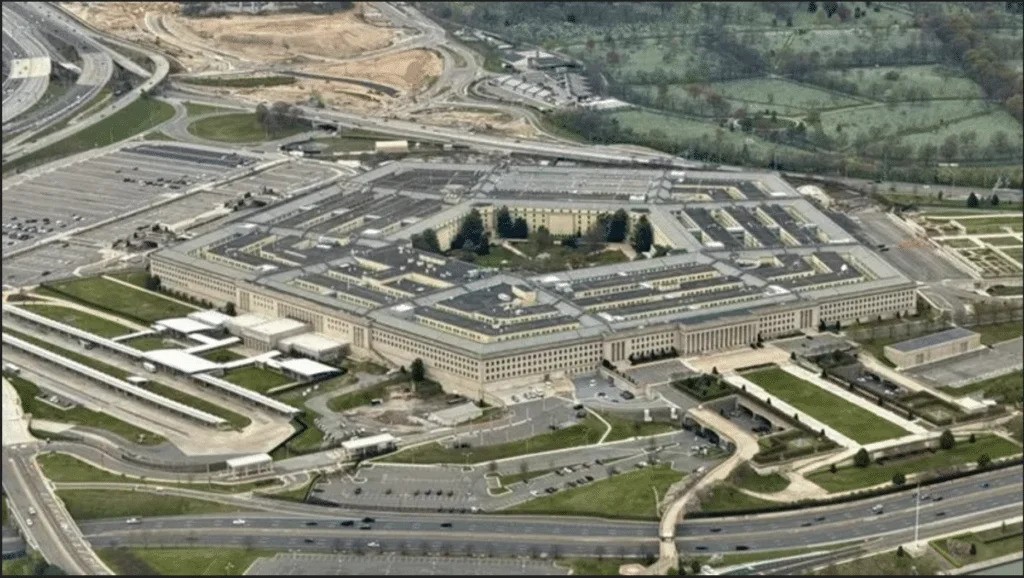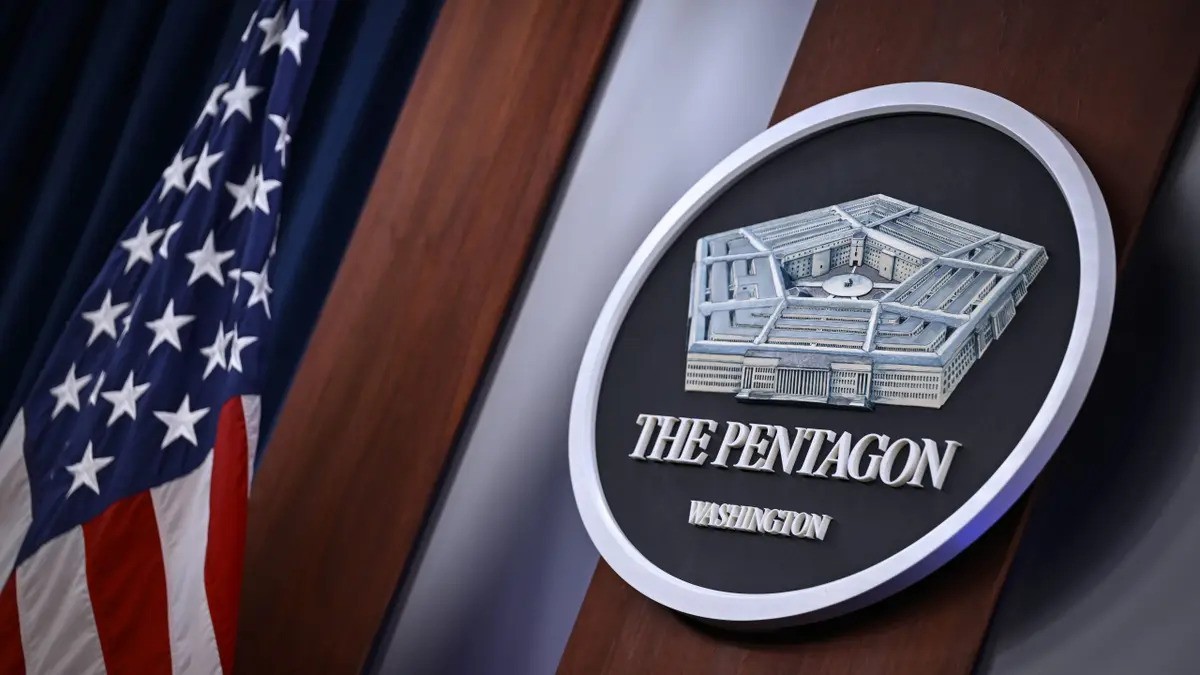The Department of Defense (DOD), responsible for overseeing a budget exceeding $824 billion, has once again failed its annual audit—marking the seventh consecutive year of falling short. This comes as the nation’s largest government agency continues its struggle to meet transparency expectations and manage taxpayer dollars effectively.
A History of Missed Marks
Despite being mandated to conduct audits since the 1990s, the Pentagon only began annual reviews in 2018, failing each one since. The 2024 National Defense Authorization Act sets a target for the DOD to pass its first audit by 2028—a goal officials maintain is achievable despite significant hurdles.
Mixed Results in the Latest Review

The most recent audit, carried out by independent auditors and the DOD’s Office of Inspector General, resulted in a disclaimer of opinion. This indicates that auditors were unable to obtain enough information to issue an accurate assessment of the agency’s financial health.
Of the 28 reporting entities within the DOD, nine achieved an unmodified opinion, meaning their records were deemed clean. One entity received a qualified opinion, 15 were issued disclaimers, and three remain under review.
Michael McCord, Under Secretary of Defense Comptroller and Chief Financial Officer, reflected on these mixed outcomes. “Momentum is on our side, and throughout the Department there is strong commitment — and belief in our ability — to achieve an unmodified audit opinion,” McCord asserted, underscoring a sense of optimism amidst persistent challenges.
Defining Failure: Officials Push Back
While the DOD anticipated receiving another disclaimer, McCord disputed the notion of outright failure.
“I do not say we failed, as I said, we have about half clean opinions. We have half that are not clean opinions,” McCord explained during a Friday briefing.
“So if someone had a report card that is half good and half not good, I don’t know that you call the student or the report card a failure. We have a lot of work to do, but I think we’re making progress.”
Acknowledging the mountain of work ahead, McCord stated that achieving a clean audit by 2028 requires “enormous progress,” but expressed confidence that the milestone is within reach. “Is 2028 achievable? I believe so,” he added. “But we do have to keep getting faster and keep getting better.”
A Commitment to Accountability

Echoing these sentiments, Secretary of Defense Lloyd Austin emphasized the Pentagon’s dedication to fiscal responsibility. “While we have made real progress in our annual audit, there are several areas where we need to work harder and achieve better results,” Austin admitted.
“I am deeply committed to transparency and responsible stewardship of taxpayer funds, both central to our mission to defend our country. I have zero tolerance for fraud, waste, and abuse — in the Pentagon or elsewhere in the Department,” he affirmed.
Austin extended gratitude to Congress for supporting the DOD’s mission, while acknowledging the ongoing need for improvement. “We must account for every taxpayer dollar and present a clean financial bill of health to the American people,” he concluded.
2028: A Turning Point or Another Missed Target?
As the DOD sets its sights on achieving a clean audit within the next four years, critics and taxpayers alike will be closely watching. The journey to full accountability remains steep, but officials insist that progress, however incremental, is underway.



